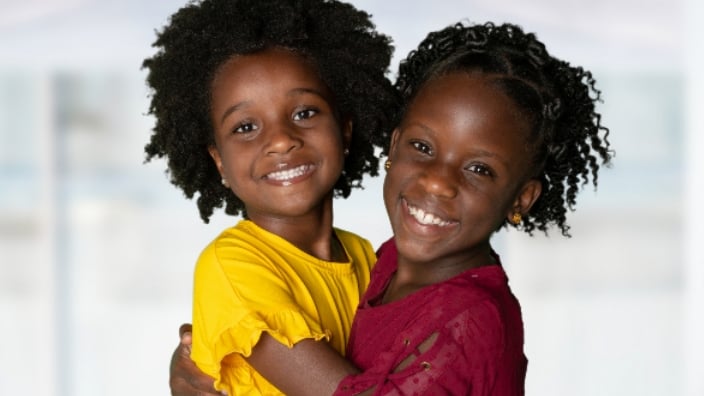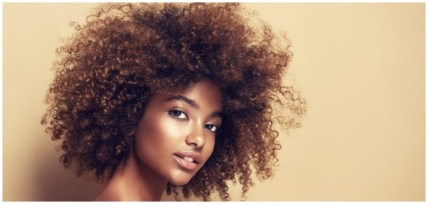Study: Having head touched without permission adds to kids’ negative experiences about wearing natural hair
The study was spawned by incidents of black students facing suspensions and exclusion from extracurricular fun because of their hairstyles.
In a study to examine hair satisfaction in young black girls, researchers found that it is common for them to have negative experiences that lead to hair dissatisfaction, according to an article published Sunday by Neuroscience News.
The study — which was reportedly spawned by recent accounts of Black students facing school suspensions and exclusion from extracurricular activities because of their hairstyles — revealed that girls as young as 10 years old have these encounters.

“These experiences are a form of stereotyping that can occur among youth related to hair, however, there is very little existing literature documenting the hair-related experiences of Black youth,” said Marisol Perez, associate professor of psychology at Arizona State University and senior author of the paper. “We are trying to make sure their voices are heard.”
According to Neuroscience News, the 105 girls who participated in the ASU study were between the ages of 10 and 15. They answered questions related to the type of comments their natural hair elicited at school, media portrayals of models and celebrities with chemically altered hair, pressure to wear it a particular way, as well as the definition of good hair.
The most common answers to the latter question were “long,” “flowy,” “wavy,” “soft” and “straight.” The definition of bad hair was “short,” “nappy” and “hard to comb through.”
“Employees in school settings play an important role in how Black girls perceive their hair,” said Perez. “The girls were impacted both by negative comments and by the absence of positive statements. For example, if a girl chemically straightens her hair, she might get positive comments, but nothing is said when she wears her hair naturally.”
Large percentages of the girls indicated that someone had touched their hair without permission: 78 percent of 10-year-olds, 50 percent of 11-year-olds, 81 percent of 12-year-olds, 65 percent of 13-year-olds and 70 percent of 14-year-olds. The incidence of verbal teasing or bullying that started as early as preschool or kindergarten was significantly lower, but still was too high, ranging between 14 percent and 54 percent.
Researchers also asked them how they dealt with these negative interactions and they offered various responses, like family support and positive thoughts about themselves and their hair, suggesting a resiliency Perez observed.
But “these girls should not have to be resilient,” Perez — who noted that parents can serve as role models by wearing and complimenting natural hair — wrote in the paper.
“We all need to do a better job celebrating natural hair — in the media, in school settings and in the beauty industry,” she maintained, “which financially benefits from girls and women thinking they need to alter their hair.”
TheGrio is FREE on your TV via Apple TV, Amazon Fire, Roku, and Android TV. Please download theGrio mobile apps today!


